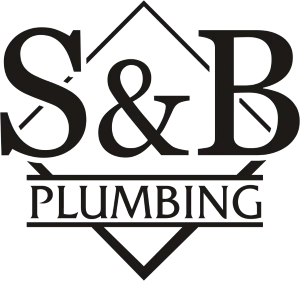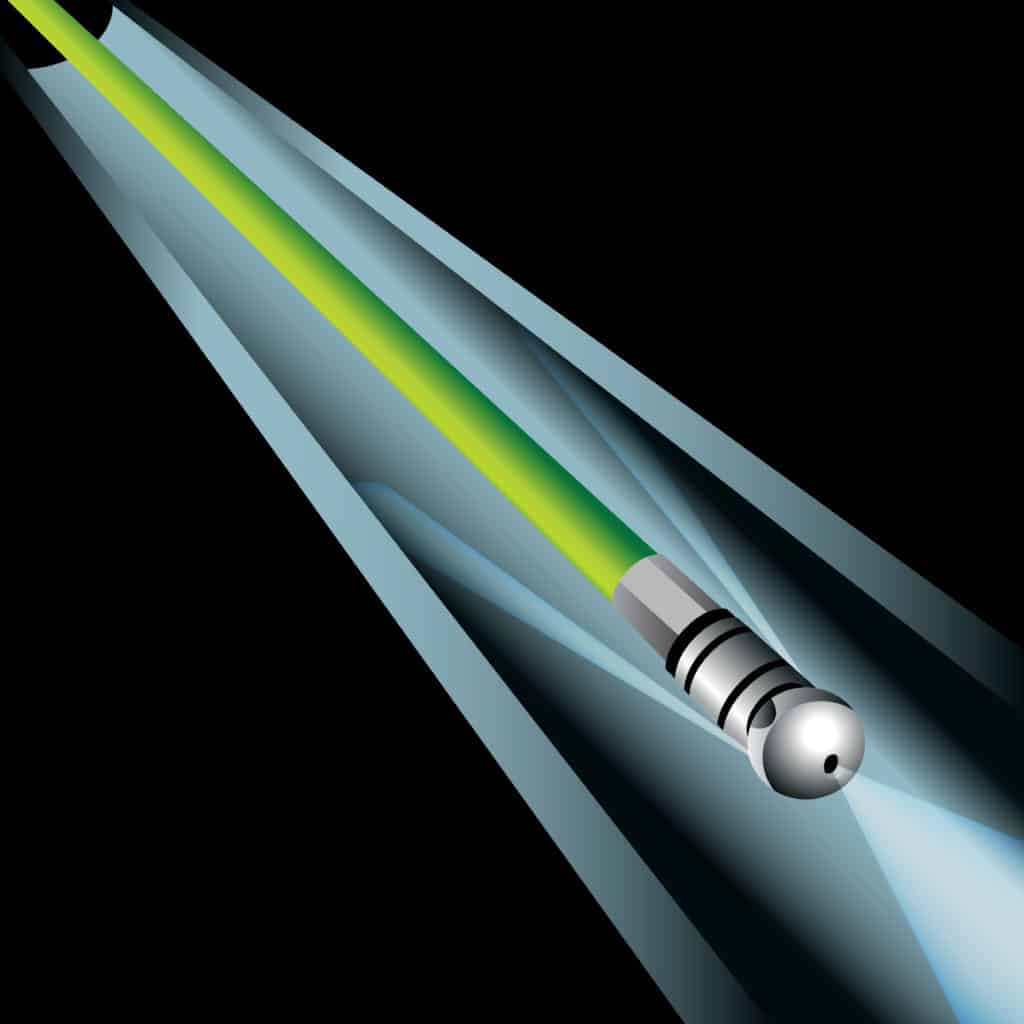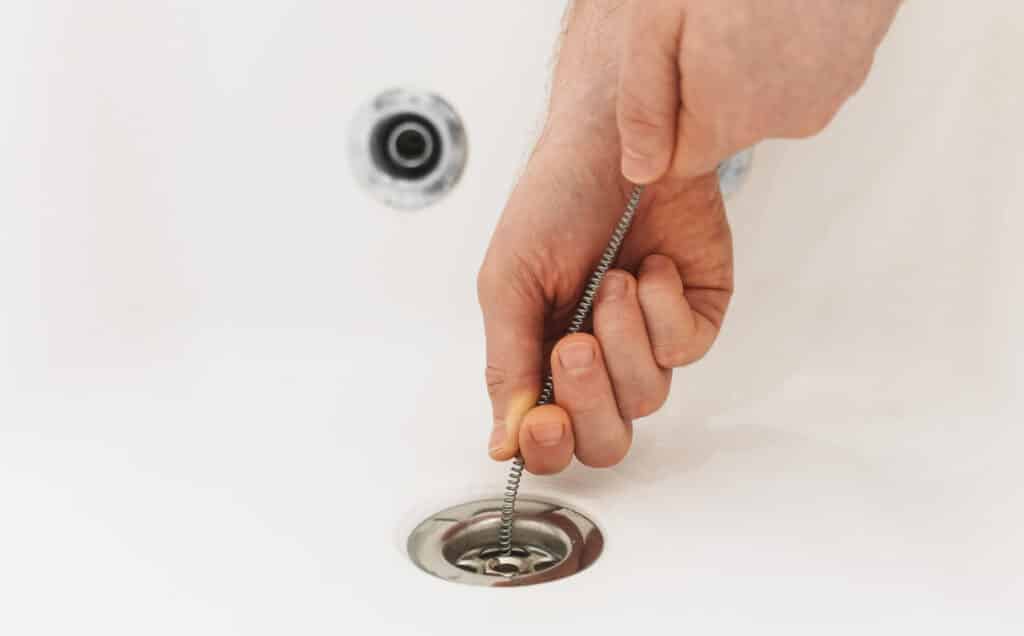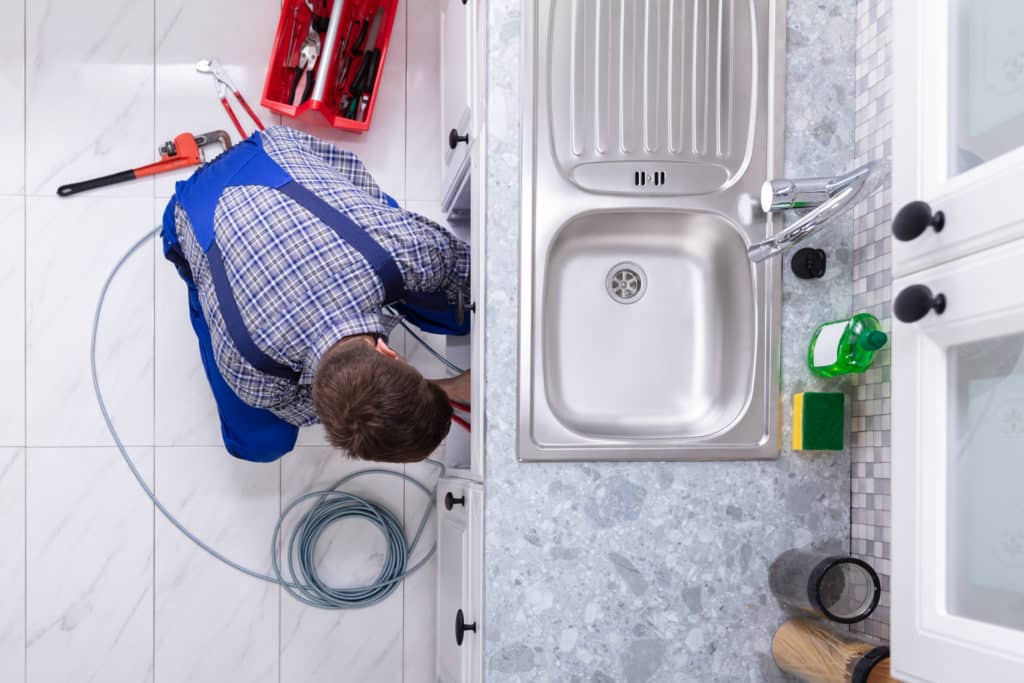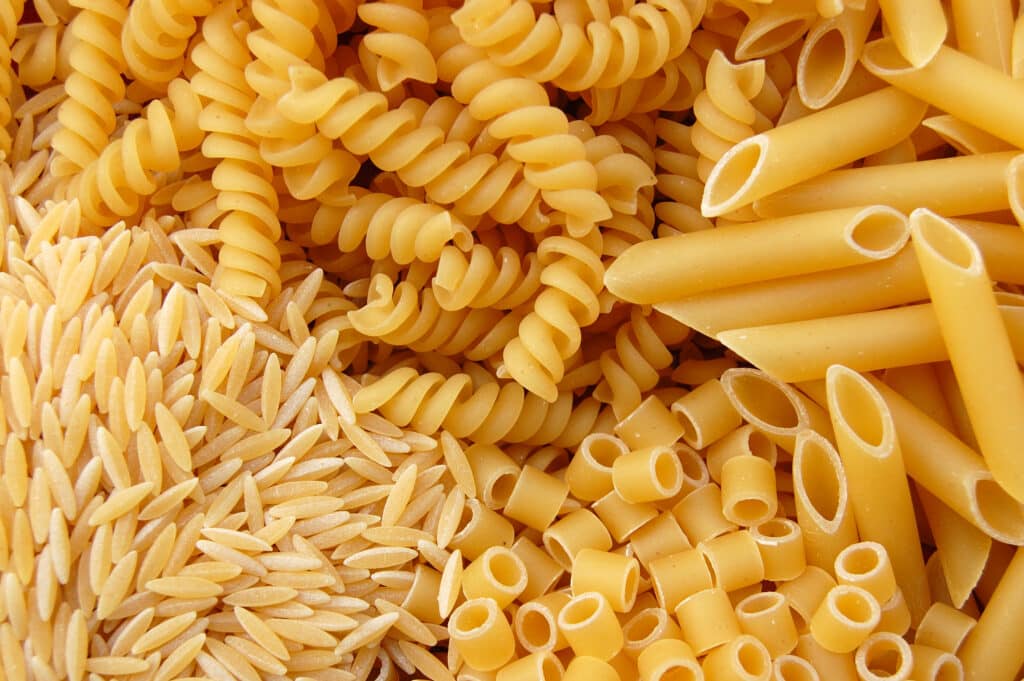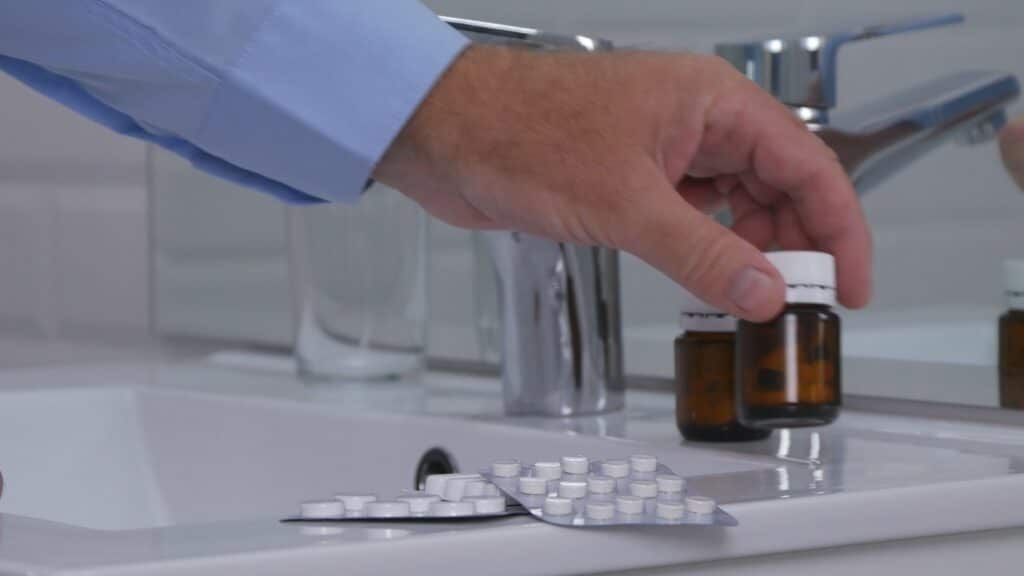When your drain gets clogged, you want it fixed as soon as possible, especially in areas like your kitchen or bathroom, where you rely on your drains a lot.
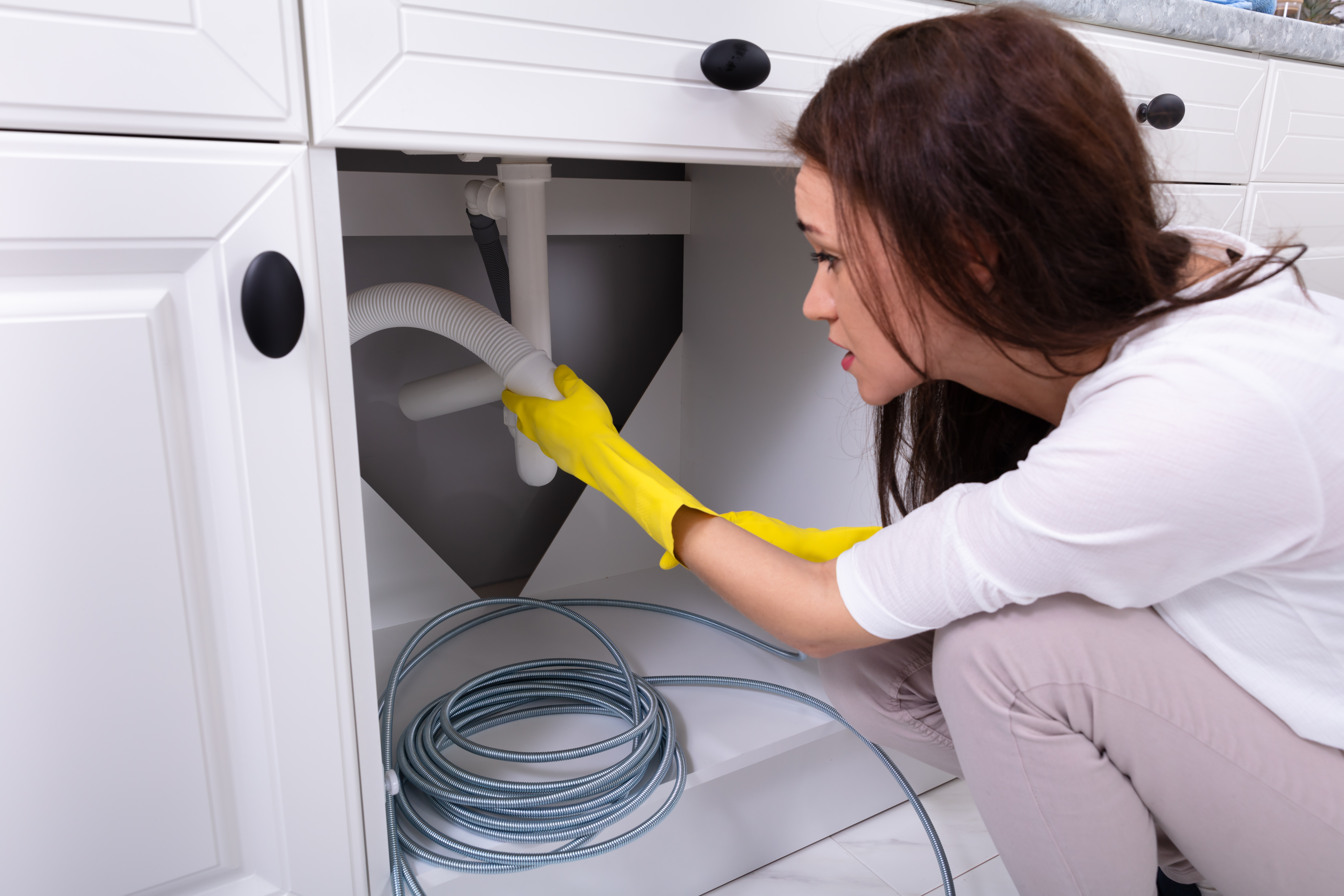
Home improvement or grocery stores over multiple bottles of chemical drain cleaners that promise to remove even the worst clogs. Your drains can become clogged by many different types of debris, which can cause damage to the rest of your home. Having your drains cleaned is important. There are many easily accessible ‘quick fixes’ on the market for all sorts of issues, but that doesn’t make them safe or the best option.
S&B Plumbing and other plumbing companies offer drain cleaning services for homes and commercial businesses so you don’t feel the need to use chemical drain cleaners. Keeping your drains clear will prevent pipe leaks, pipe bursts, sewage backup, and slow-draining sinks. This blog will share facts about the safety of commercial drain cleaners and potentially other methods that should be used for a thorough drain cleaning.
How Liquid Drain Cleaners Impact The Environment
While it is important to look at how cleaners impact your home’s materials, it is also important to factor in how it will impact the environment. Commercial chemical drain cleaners can cause contamination to the water system in your city and harm not only humans but aquatic life and animals.
Chemicals in the drain cleaners will contribute to the pollution and greenhouse gas emissions that have already climbed in recent years. Avoiding using these cleaners in your home will help improve the livelihood of everyone.
Eroding Chemicals Found In Chemical Drain Cleaners
Chemical drain cleaners can erode your pipes and cause damage to your skin. Most liquid cleaners are either acid, caustics, or oxidizers. All of these chemicals create heat, or essentially ‘burn’ away the clogs. This can cause severe burns to your skin, hair, or eyes if you are working with the pipes after a cleaner has been used. It can also cause damage to pipes and only work to remove certain clogs.
Some common chemicals that are found in these cleaners include:
- Sulfuric Acid
- Sodium Hydroxide or Lye
- Potassium Hydroxide
- Sodium Hydroxide
- Nitrate
- Aluminum Oxide
- Sodium Hypochlorite or Bleach
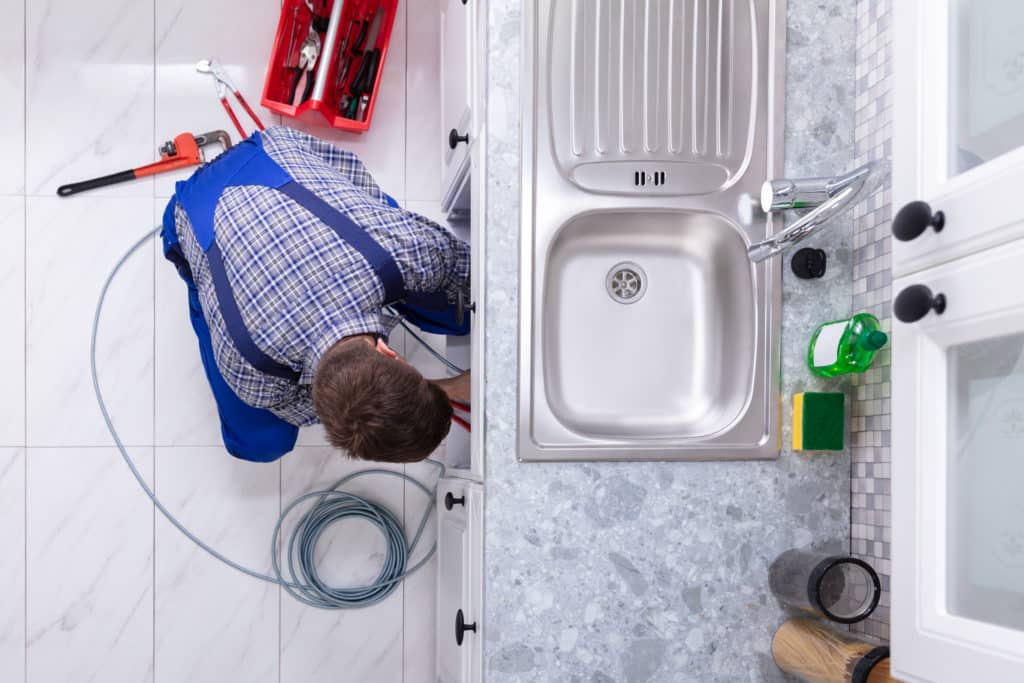
The Dangers Of Mixing
If one chemical drain cleaner doesn’t work, it’s natural to want to try another one until you find something that does. If one cleaner doesn’t work, it is not a good practice to continue to dump chemicals down the drain. This is because you never know how chemicals will react when combined. When you try another drain cleaner, you could accidentally be concocting dangerous chemical compounds and gasses in your home. For the health of you and your family, it’s better to steer clear of these drain cleaners as a whole.
Only A Short Term Solution
Not all chemical drain cleaners will remove all clogs. Some extreme clogs or foreign items will not be broken down by using chemicals. It is important to keep harmful objects or food particles out of your drains to prevent clogs in the first place.
If you have a major clog, liquid drain cleaners will not be able to remove them. Small clogs like hair or grease are easily broken down by chemicals, but solid objects, tree roots, or stubborn fat or grease will not be broken down. Using these cleaners is only a temporary solution, especially if your plumbing system is old or has existing damage. A partially cleared drain is still prone to future clogs which can cause damage to the rest of your home.
Since these cleaners don’t remove all clogs, you will find yourself using them quite frequently. This will cause more damage to your pipes and higher costs when purchasing multiple bottles of cleaner.
They’re Damaging To Septic Systems
In addition to being bad for your plumbing, these chemical drain cleaners are also damaging to your septic systems. This is because they disrupt the balance of bacteria responsible for breaking down waste. As such, you could find yourself in need of emergency maintenance for your septic tank.
Safe Alternatives To Chemical Drain Cleaners
If you don’t use chemical drain cleaners, then what are you supposed to use for drain cleaning? Here are some safer options for cleaning that are also much more affordable.
Plunging
A plunger is typically used for your toilet, but it can also be used to remove a clog in your sink or shower. Use the plunger in the same fashion you would use for your toilet. It may not be a permanent solution, but it can remove partial clogs and eliminate odors.
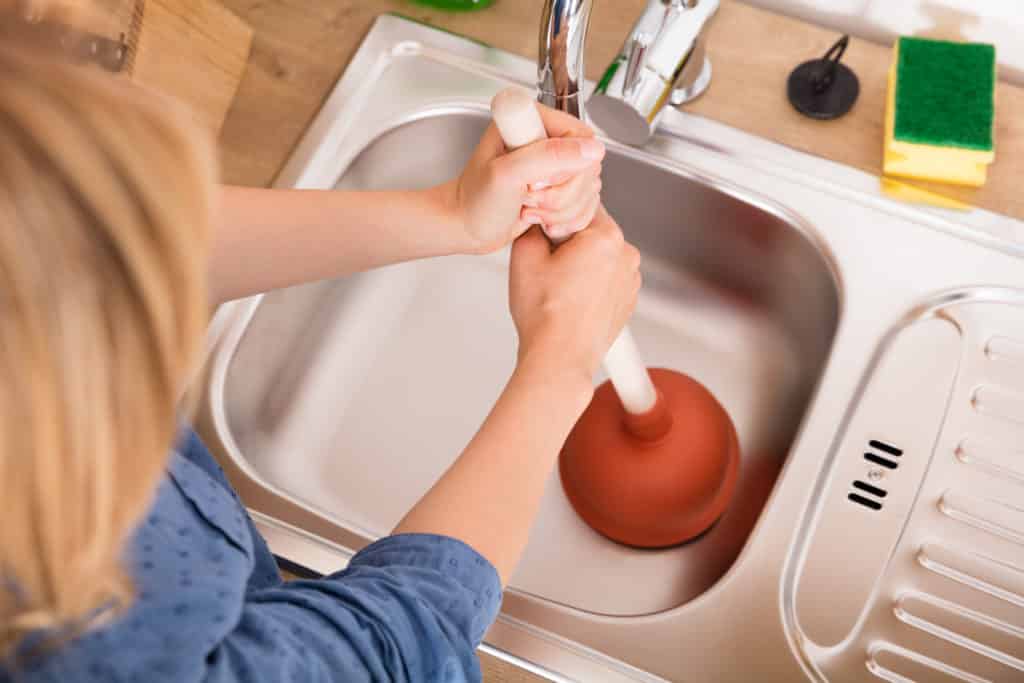
Baking Soda And Vinegar
Baking soda and vinegar have a chemical reaction similar to other chemicals without damage to the piping system. The foam will help to break down a clog like toothpaste, grease, or hair. After you mix baking soda and vinegar and dump it down the drain, let it sit for a few minutes and follow it with boiling water to fully remove debris.
Drain Snakes
Drain snakes are used by plumbers, but can also be used by homeowners to remove stubborn clogs. A snake or auger can help collect debris in the spirals and pull it out of the drain completely. Avoid using chemical drain cleaners and avoid their dangers by implementing a drain snake in your home.
Hire A Plumber
The best solution for removing stubborn drain clogs is to hire a professional plumber. S&B Plumbing offers quality drain and sewer cleaning that will protect your plumbing system and make it last for many years. Hiring a plumber for a drain cleaning may seem unnecessary, but they have the tools and cleaners needed to keep your home safe. We treat your home like it is our own when coming to complete a drain cleaning. Contact our professionals to improve your drains in no time!
